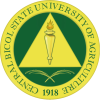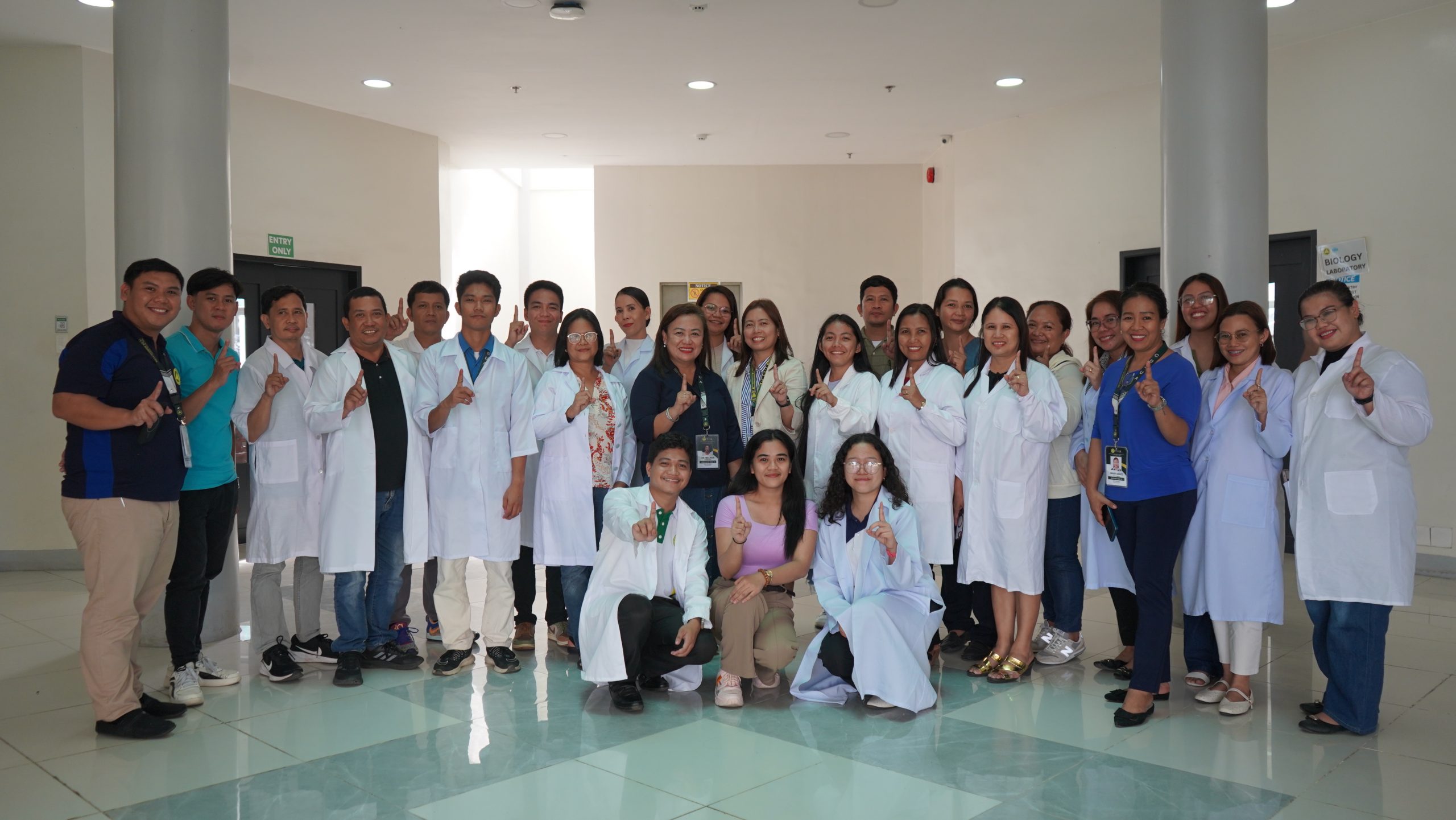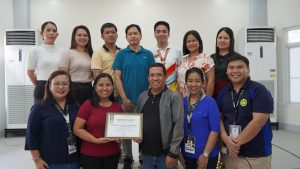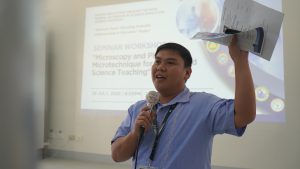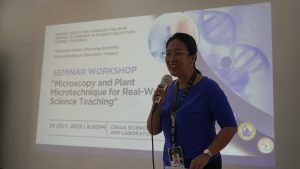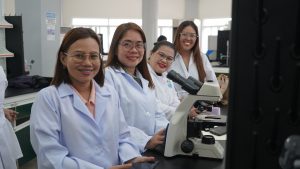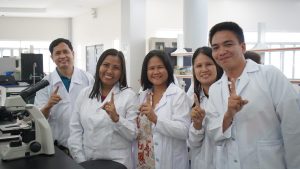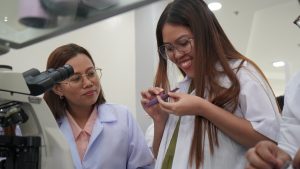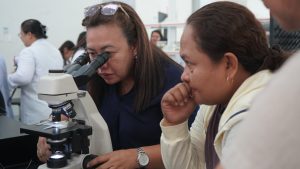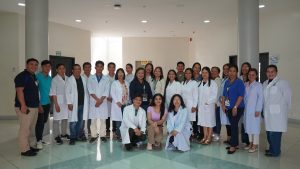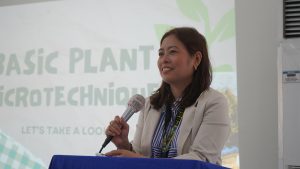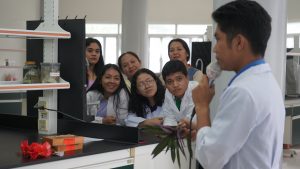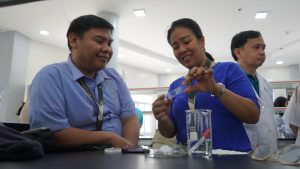Organized under the GENES Program’s project “Quantum Quest: Elevating Scientific Understanding in Education,” the activity aimed to equip science educators with practical and innovative techniques in microscopy and plant tissue preparation that can be applied directly to classroom instruction. The event brought together secondary- and tertiary-level science teachers from various partner institutions across the region.
Dr. Melinda P. Pan, GENES Project Leader 2, the proponent of the activity, delivered the statement of purpose and objectives, which highlighted the critical role of capacity-building activities in enhancing the quality of science education. The resource persons were formally introduced by Dr. Kennedy A. Beltran, GENES Program Leader. Ma’am Mary Grace Polvoriza, GENES Project leader 3, also served as one of the facilitators of the activity, together with Dr. Pan and Dr. Beltran.
The seminar featured two informative sessions led by Assoc. Prof. Shela V. Ruiz, faculty member of the College of Arts and Sciences – Biology Department. The first session tackled Plant Morpho-Anatomy in a Real-World Application, while the second focused on Plant Microtechnique: Practical Skills in Action. These were complemented by live demonstrations of observational techniques facilitated by Mr. Mark Clarence A. Delustre of CBSUA-RSD.
In the afternoon, participants engaged in hands-on laboratory activities, applying basic microscopy skills and conducting their own sample preparations through DIY plant tissue microtechnique—covering leaf, root, stem, and flower tissues. These practical exercises aimed to build participant confidence in using microscopes and preparing slides for teaching biological sciences.
The program concluded with a synthesis and commitment-setting session, where participants reflected on their learnings and shared strategies for integrating the techniques into their lesson delivery. Certificates were awarded in recognition of the participants’ active engagement and commitment to continuous professional growth.
This seminar-workshop is part of CBSUA’s broader initiative to strengthen science education by providing educators with relevant, research-based training that bridges theoretical knowledge and real-world applications. Through the GENES Program, the university continues to support science teachers as champions of quality education and innovation in the classroom. | 𝘙𝘦𝘱𝘰𝘳𝘵 𝘢𝘯𝘥 𝘱𝘩𝘰𝘵𝘰𝘴 𝘧𝘳𝘰𝘮 𝘌𝘹𝘵𝘦𝘯𝘴𝘪𝘰𝘯 𝘚𝘦𝘳𝘷𝘪𝘤𝘦𝘴 𝘋𝘪𝘷𝘪𝘴𝘪𝘰𝘯

